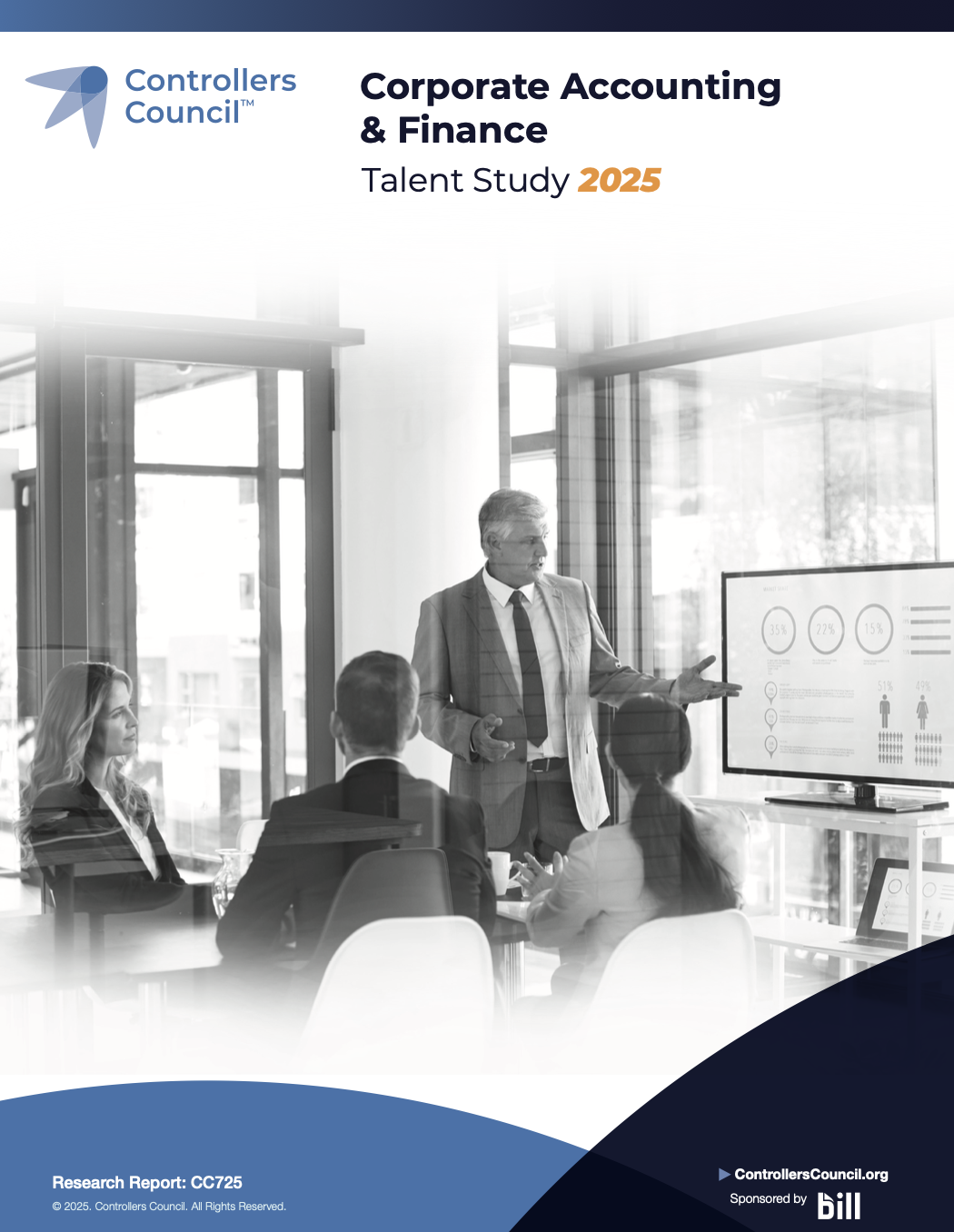Business disaster recovery solutions have become crucial for companies across every industry, especially with the rise of digitalization and a growing reliance on digital applications. But what is a disaster recovery plan, and how can you implement one?
What Is Business Disaster Recovery or Disaster Recovery as a Service (DRaaS)?
Business disaster recovery is the process of avoiding or minimizing data loss. Disaster Recovery-as-a-Service (DRaaS) is a type of software sold by many major technology companies that helps manage data backups and the recovery process.
6 Steps to Develop a Better Disaster Recovery Plan
Businesses can be proactive in minimizing data loss and improving their current disaster recovery plan by following these six steps:
1. Backup Your Data
The very first step of any disaster recovery plan should be a full backup of all data that is integral to your business. These backups act as the first phase of recovering from data loss.
2. Choose the Right Backup Category
There are various backup categories, including full, incremental, and differential backups.
Full backups save every file across your company’s computers by copying all data to a backup image file. On the other hand, differential and incremental backups only keep data that has been created or changed since the most recent backup. Differential backups save everything following your last full backup, while incrementals save data since the previous backup, whether full or differential.
It’s important that you assess your data and decide which type of backup works best for your company.
3. Strategize and Plan an Effective Backup Strategy
Once you choose the data-saving method, you must create an effective backup strategy. This involves looking at all operations that are critical to the business and how they would be impacted during the backup process.
4. Choose a Data Recovery Software
Pick a disaster recovery software that meets your needs. Many major technology companies offer software solutions to allow for near-instant recovery of the data backups mentioned above.
5. Document Critical Information
This step involves the physical documentation of critical information. This is all information that is key to the operations of the business, such as contracts or documents.
6. Test and Rehearse Your Disaster Recovery Plan
It’s important to know how your plan would perform during an actual emergency, so you should simulate a crisis and measure the results. This will let you know if there are any flaws in your plan.
Top 10 Business Disaster Recovery Solutions
The following companies represent the top business disaster recovery solutions available.
1. IBM
The tech giant IBM, founded in 1911, operates in over 170 countries and offers a single point of control for backup and recovery, accommodating both physical and cloud environments. IBM Disaster Recovery Solutions focuses on helping companies manage and protect data.
2. Veeam
Veeam, founded in 2006, offers recovery and protection solutions for various-sized companies. In 2020, Insight Partners purchased Veeam for $5 billion, but Veeam continues to provide complete disaster recovery and protection solutions known for their reliability and speed.
3. Acronis
Acronis spun off from SWsoft (now Parallels, Inc.) in 2003 as a backup and disaster recovery company. The company has nearly fifty cloud data centers and operates across 18 offices worldwide.
Its solutions are available both in the cloud and on-premises. Tailored for larger enterprises, Acronis offers all-in-one services, which include cybersecurity and disaster recovery.
4. Microsoft
Microsoft, founded in 1975, offers disaster recovery solutions within its cloud computing business Azure, which it launched in 2008. Azure Site Recovery caters to enterprises that run the Microsoft stack.
5. CenturyLink
Telecommunications company CenturyLink (now known as Lumen Technologies) was founded in 1930 and bought DataGardens in 2014, which marked its foray into the DRaaS market. CenturyLink offers customizable backup, disaster recovery, and storage options for businesses of any size.
6. Zerto
Zerto was founded in 2009 and bought by Hewlett Packard Enterprise in 2021 for $374 million. The company is focused on continuous data protection and is known for its recovery speed, including the recovery of encrypted files.
7. Arcserve
Founded in 1983 as Cheyenne Software, Arcserve now offers cloud-based and on-premise storage and recovery capabilities. Arcserve’s cloud storage for backup and recovery management can be customized to meet the needs of various companies.
8. Carbonite
Carbonite, founded in 2006 and best known for offering a fixed-price, unlimited online backup service, also provides services for small businesses. OpenText purchased the company in 2019, though Carbonite still offers backup services that help protect against hardware failure and ransomware.
9. Ekco Disaster Recovery
Ekco is an Irish company founded in 2016 that offers disaster recovery software for instant recovery and identifying attacks or system failures. Data can be accessed in virtual environments during crises to provide little-to-no downtime in emergencies.
10. CrashPlan
Code42, founded in 2001, offers CrashPlan, the cloud recovery and backup software for businesses. CrashPlan was first introduced in 2007, and today, it serves as a data backup and recovery solution that offers all-encompassing data backup.
Finding a Business Disaster Recovery Solution
Business disruptions can cost thousands per hour and cause irreparable damage to your reputation; some businesses never recover from these losses.
Many major technology companies offer DRaaS software as an all-in-one back and recovery solution. Whatever route you take, finding a business disaster recovery solution that meets your needs can be an easy way to ensure your business remains operational.
Learn More About Disaster Recovery Plans in Our Community
Looking to learn more about disaster recovery plans? Controllers Council is a national community and platform of Controllers, Accounting and Finance professionals focused on accounting best practices, information and resources, recognition and networking. Membership has many features and benefits to propel your career and expertise, and to be an active participant in our exciting community. The Controllers Council Forum allows members to pose questions about advancing your career and other topics. Become a member today.




